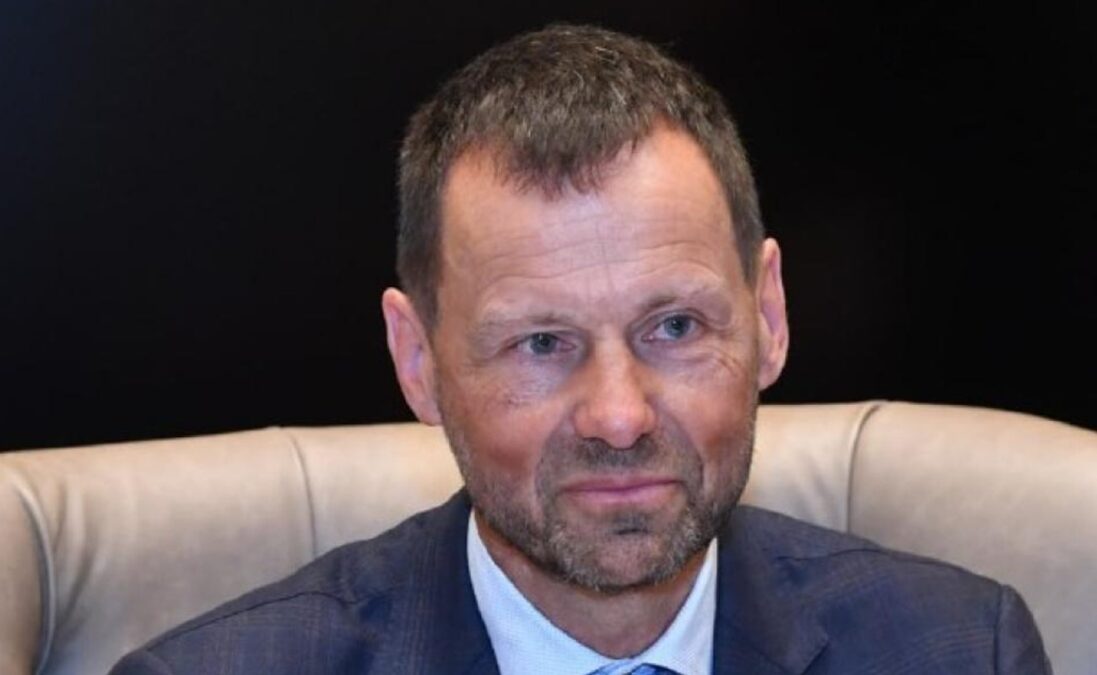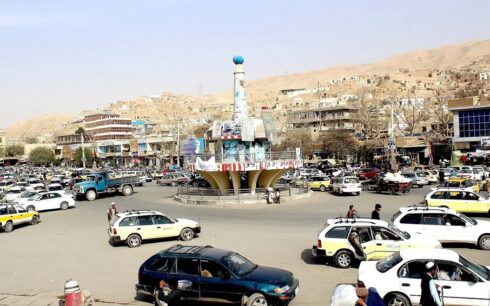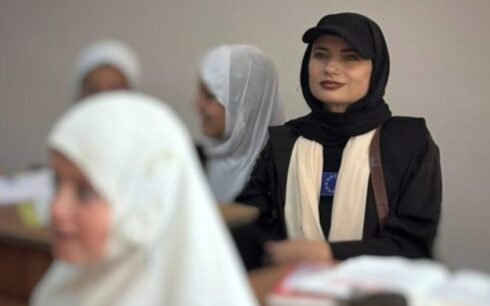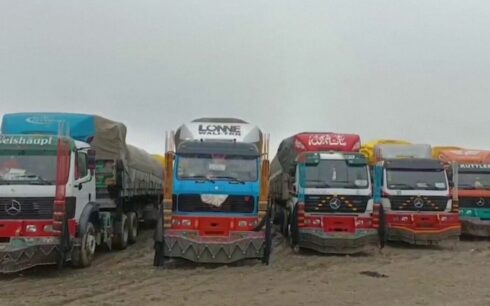EU’s special envoy for Afghanistan, Tomas Niklasson, in a statement about his five-day visit to Afghanistan that ended on Tuesday, May 9, said that many aspects of human rights situation in Afghanistan remain concerning amidst Taliban’s ban on women employees at UN and the ban on women and girls’ education.
Niklasson said that during his visit, he met with representatives of UNAMA, UN agencies and the diplomatic community, Taliban’s intelligence chief, officials Taliban officials at the Ministry of Foreign Affairs as well as representatives of civil society and of ethnic minorities, human rights activists, former President Karzai and political figures.
“Since our last visit to Afghanistan in March this year, the de facto authorities have also banned Afghan women from working for the UN, which creates challenging obstacles for UNAMA to deliver fully on its important mandate, and for UN agencies to deliver essential assistance and services to Afghans in need across the country,” Niklasson said.
He said that this ban also violates several articles of the Charter of the UN – an organisation in which the de facto authorities aspire to take up Afghanistan’s seat.
“I repeat the call on the de facto authorities that I have heard from many Afghans, and reflected in UNSCR 2681 and in statements by the EU and others to lift all these bans and restrictions, for the benefit of the country,” Niklasson said in his statement.
He added that beyond these specific issues with wide-ranging consequences, many other aspects of the human rights situation remain deeply concerning, as documented not least in recent reports by the Special Rapporteur on the situation of human rights in Afghanistan and by UNAMA.
Humanitarian situation
Two months have passed since my latest visit to Afghanistan, but the humanitarian situation remains bleak, with more than 28 million vulnerable Afghans in need of humanitarian assistance, he said.
Niklasson said that the UN humanitarian appeal for $4.6 billion, the largest in the world, has only received pledges to cover 7.2%, whereas to compare the four largest humanitarian appeals after Afghanistan have by now received pledges covering more than 20%.
“Regretfully, the ban of last December on Afghan women working for NGOs is still in place,” Niklasson said. “This challenges fundamental principles and has immediate consequences, as critical assistance delivered by such organisations cannot reach women and children in need.”
He added that furthermore, girls and women in Afghanistan are still prevented from attending secondary school or university due to decisions taken by the Taliban authorities, while a very large number of Afghan boys can also not access primary or other forms of education due to lack of availability or opportunity.
“This has an immediate impact on the children and young women affected and deprives Afghanistan from benefitting fully from its talented people to rebuild and develop the country,” he said.
“From all Afghans we spoke to, but also from international partners, we heard a strong call on the EU to maintain its diplomatic presence in Afghanistan (while noting that, so far, no EU Member State has reopened its Embassy) and to engage in a constructive dialogue with the de facto authorities and a wide range of Afghan society, while continuing to provide humanitarian and other essential support to Afghans in need,” Niklasson stated.
Climate change
Niklasson says he also participated in a roundtable discussion on climate change in Afghanistan organized by the EU Delegation on 7 May.
Afghanistan is one of the countries in the world most affected by climate change, he said, adding that this poses an enormous challenge to a country where only 4% of the area is used for agriculture, but where at the same time 61% of the population depend on the agricultural economy.
Growing temperatures, unpredictable snow and rain patterns, and very limited water storage capacity create vulnerabilities, push people to migrate and sometimes lead to conflicts.
“The roundtable provided a timely opportunity to bring Afghan and international expertise around the table and to focus on an extremely serious issue – of global concern and with local consequences – but which does not often capture international headlines in stories about Afghanistan,” the EU envoy added.
This comes as recent floods left dozens of casualties in eastern provinces of the country last week.





